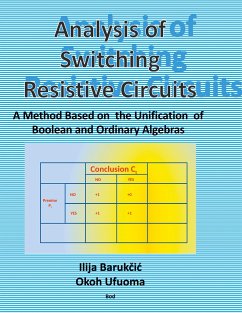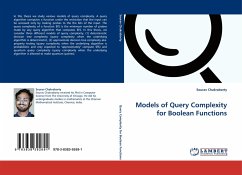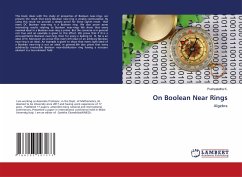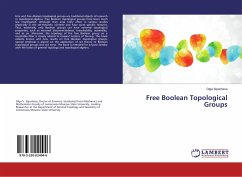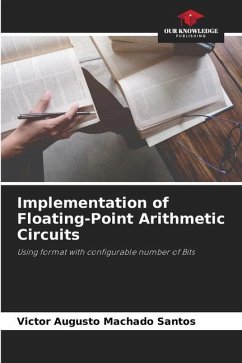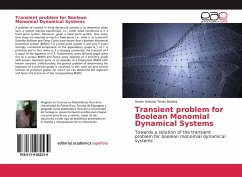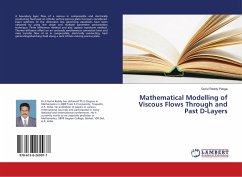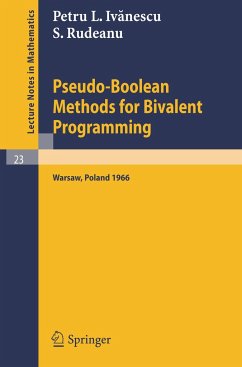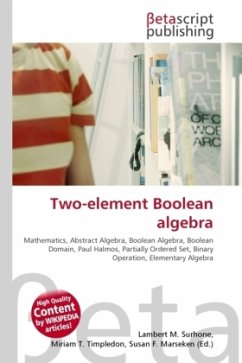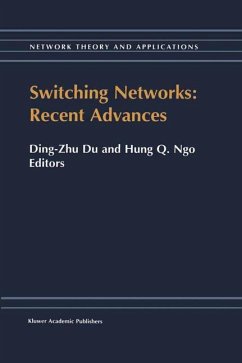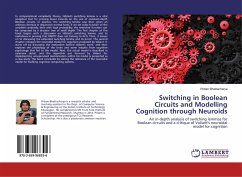
Switching in Boolean Circuits and Modelling Cognition through Neuroids
An in-depth analysis of switching lemmas for Boolean circuits and a critique of Valiant's neuroidal model for cognition
Versandkostenfrei!
Versandfertig in 6-10 Tagen
24,99 €
inkl. MwSt.

PAYBACK Punkte
12 °P sammeln!
In computational complexity theory, Håstad's switching lemma is a vital analytical tool for proving lower bounds on the size of constant-depth Boolean circuits. In essence, the switching lemma says that, given an arbitrary formula in disjunctive normal form, if we set some fraction of the variables randomly, then with high probability, the restricted function can be computed by a decision tree of small depth. The first chapter of this book begins with a discussion on Håstad's switching lemma, and its usefulness in proving that PARITY does not belong to AC0. Then, it moves on to discussing th...
In computational complexity theory, Håstad's switching lemma is a vital analytical tool for proving lower bounds on the size of constant-depth Boolean circuits. In essence, the switching lemma says that, given an arbitrary formula in disjunctive normal form, if we set some fraction of the variables randomly, then with high probability, the restricted function can be computed by a decision tree of small depth. The first chapter of this book begins with a discussion on Håstad's switching lemma, and its usefulness in proving that PARITY does not belong to AC0. Then, it moves on to discussing the extended switching lemma and its proof. The second chapter critiques the neuroidal model for cognition proposed by Valiant. It starts off by discussing the motivation behind Valiant's work, and then explores the physiology of the brain and some insights from cognitive psychology that led to this model. Next, the actual model is described in extensive detail, and the algorithm put forward by Valiant for implementing unsupervised memorization within his model is presented as a case study. The book concludes by stating the relevance of the neuroidal model for building cognitive computing systems.



